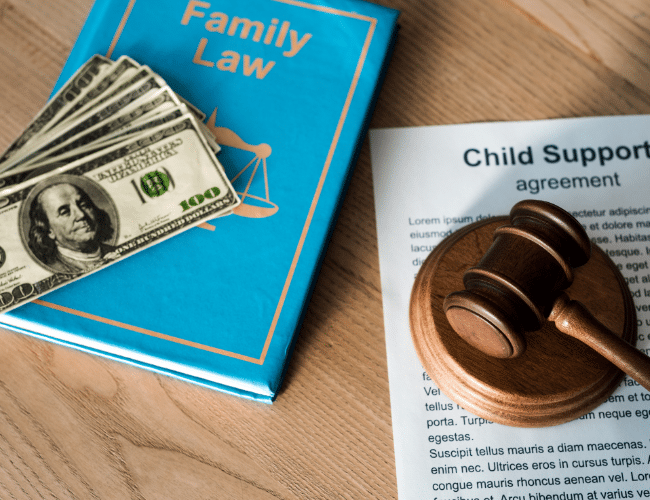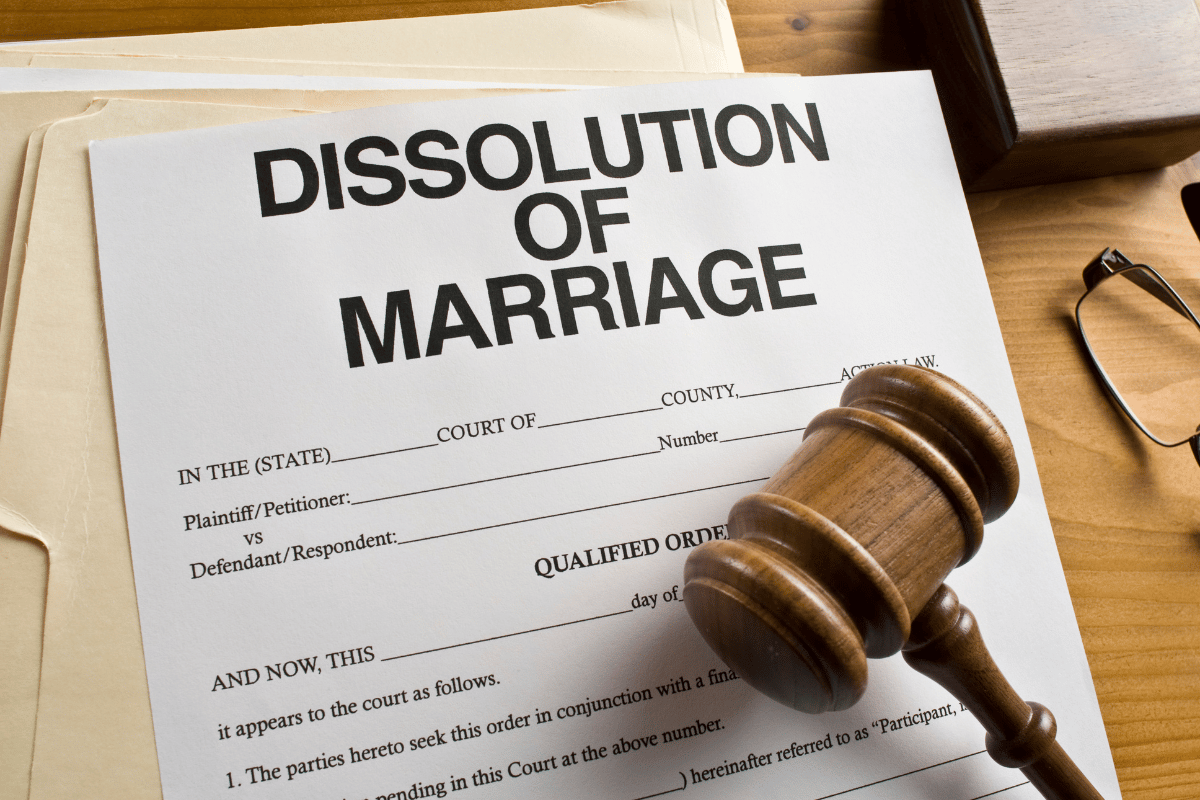Spouses getting divorced often don’t agree on much. Sometimes, they may not even agree that getting a divorce is the best course of action. When you’re served divorce papers for a divorce you don’t want, it might be tempting to ignore the petition and hope it goes away. In reality, that does you more harm than good.
If you don’t want to sign divorce papers because you don’t agree to the divorce or the terms of the petition, consult with an attorney as soon as possible. The experienced Central Florida divorce attorneys at O’Mara Law Group can guide you through the proper steps to help you get the outcome you want.
- The filing of a petition for dissolution of marriage starts the divorce process. The process ends when both spouses agree to all the terms or the court renders a ruling.
- How you respond to a petition for dissolution of marriage determines whether the divorce is uncontested, contested, or default.
- Once you’ve been served divorce papers, you have 20 days to respond. If you don’t respond, the petitioning spouse can file a motion to default and the divorce can be finalized without your input.
- If you don’t want to sign divorce papers, you can choose to reconcile, file a counterclaim and attend counseling, file a postnuptial agreement, or contest the divorce.
What Happens When You File Divorce Papers in Florida?
The divorce process starts when one spouse files a Petition for Dissolution of Marriage. The petition may address common topics such as:
- Alimony
- Child support
- Parenting plans
- Property division
Once the petition is filed, the petitioner will serve their spouse with divorce papers. Florida law grants them 20 days to communicate their response. The response determines the next steps in the case.
Uncontested or Collaborative Divorce
A divorce is uncontested when both parties collaborate and agree to the terms of the divorce. In these cases, the divorce will move to a final hearing to be finalized. Though you can represent yourself, having legal representation is still the best way to protect your rights and interests. Even though the divorce is uncontested, you must still comply with disclosure requirements.
Contested Divorce
If you file a response or a counterpetition, you are then dealing with a contested divorce. In these cases, the divorce will go to trial. Some circuits may require mediation or counseling to move the divorce proceedings to a final hearing. These divorces are often more complicated than the other two types, and it’s even more important to have a skilled divorce attorney representing you.
Default Divorce
A default divorce in Florida occurs when a spouse is served with divorce papers and doesn’t file a response. Similarly, if a spouse refuses to sign divorce papers, the petitioner can file a Motion for Default to move the divorce proceedings forward without them. However, they must still give the uncooperative spouse notice of the final hearing.
What Happens After a Request to Enter Default Divorce
You should never ignore a spouse’s petition for divorce. Remember, failure to participate in divorce proceedings will not stop the proceedings. Once your spouse files the request for a Motion for Default, the divorce can proceed without your input if you do not cooperate. Ultimately, you’ll simply make the divorce process easier for the petitioning spouse.
If you don’t sign the divorce papers and don’t respond to notices, you’ll forfeit the right to defend yourself against the contents of the petition for dissolution of marriage. This can have costly consequences for you.
Not only will the divorce still occur, but the divorce terms could strip you of assets, require you to pay alimony, or minimize time with children. For example, if the petitioning spouse only grants you minimum visitation in the parenting plan laid out in the petition, you wouldn’t have the chance to fight for more time with your kids in a default divorce.
What if I Don’t Want a Divorce?
Again, refusing to sign divorce papers won’t stop the divorce from happening. If you are facing a divorce you don’t want or don’t like the terms laid out in the divorce petition, consider the following options instead of simply not signing the papers.
Reconcile With Your Spouse
Find a way to work toward reconciliation with your spouse to avoid the divorce altogether. This may be difficult since their mind may already be set on divorce, especially if they’ve already filed. Consider marriage counseling or other reconciliation options.
File a Counterclaim and Attend Counseling
If your spouse doesn’t want to reconcile, you may delay the divorce up to three months with court-ordered counseling by filing a counterclaim with a request for counseling. During that time, you and your spouse may find a way to save your marriage.
Remember that this option doesn’t guarantee a reconciliation. Still, it does give you more time to prevent the divorce from going through.
File a Postnuptial Agreement
A postnuptial agreement may also be a viable option. In contrast to prenuptial agreements, which are contractual agreements entered by spouses prior to marriage, postnuptial agreements are entered after marriage. If the reasons your spouse is requesting a divorce can be legally addressed in this kind of agreement, you may be able to avert a full-fledged dissolution of marriage.
Contest the Divorce Petition
Even if you don’t want the divorce to go through, contesting the divorce is a better option than not signing the divorce papers at all. This option preserves your right to fight for the terms you want in the divorce to protect yourself.
A contested divorce will be resolved by the presiding judge only if you and the petitioner can’t reach an agreement on your own. Our divorce attorneys can help you through the process of filing your petition, counterpetition, and fight on your behalf.
How a Lawyer Can Help
A divorce attorney can help you determine the best path forward. If you decide to file a counterclaim or contest the divorce petition, they can help you navigate the paperwork and filing process. After the divorce, they can also help with the process of modifying a divorce decree if you want to change it.
Throughout the process, a lawyer with family law experience can help you get the best outcome possible. Whether you’re navigating a custody dispute, splitting high-value assets, or feel disadvantaged as a woman going through a divorce, our legal team is here to make sure you have the best legal representation possible.
Rely on the Team at O’Mara Law Group
Divorces are often some of the most difficult experiences one can go through in life. You don’t have to navigate your divorce alone. If you’ve been served divorce papers but don’t want to sign, schedule a consultation with the divorce attorneys at O’Mara Law Group by calling (407) 634-6604 or reaching out online.



